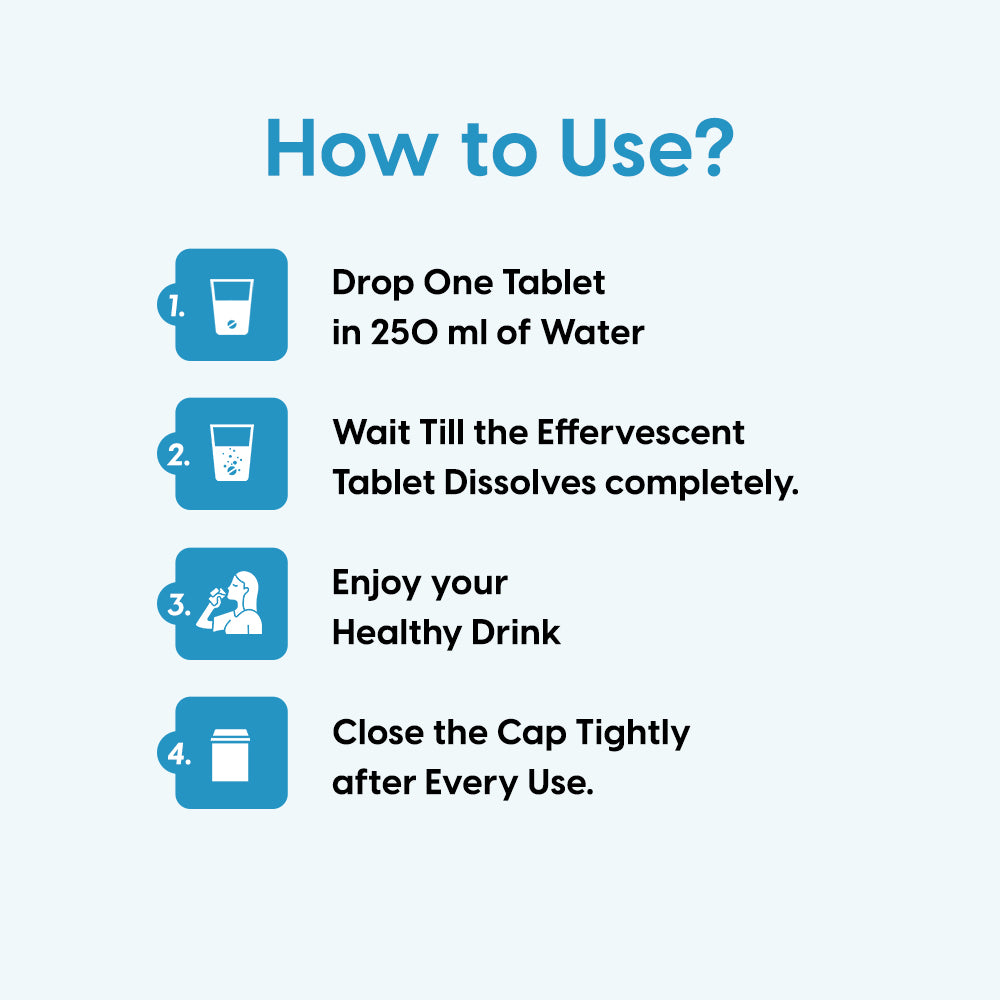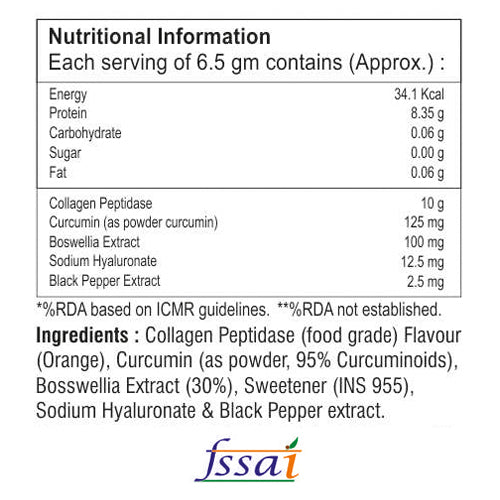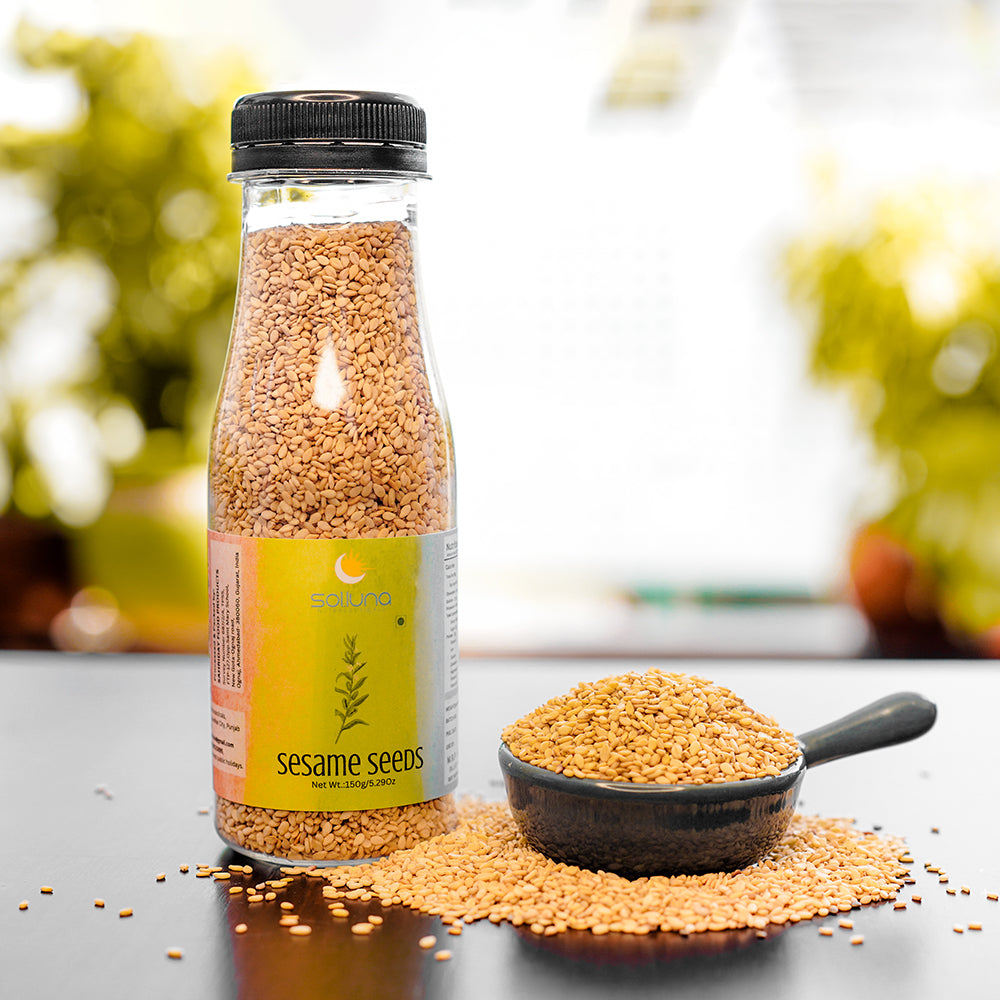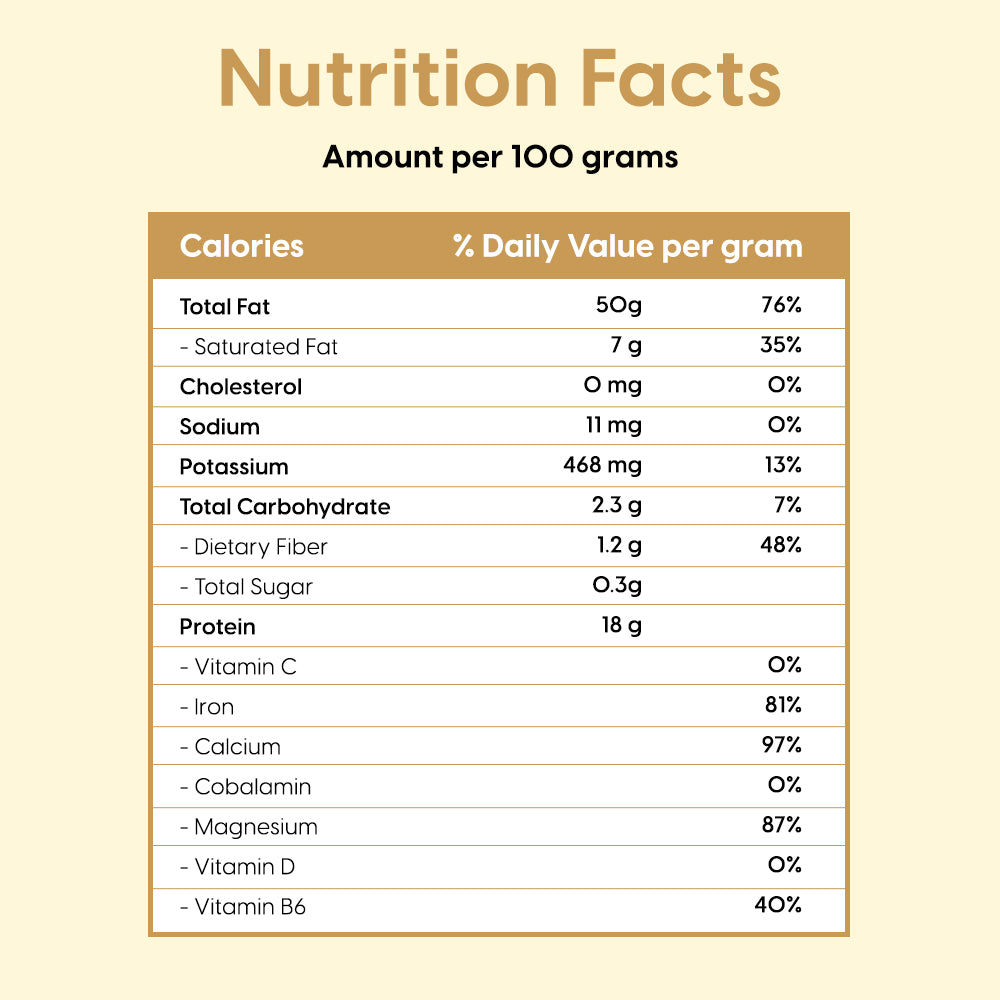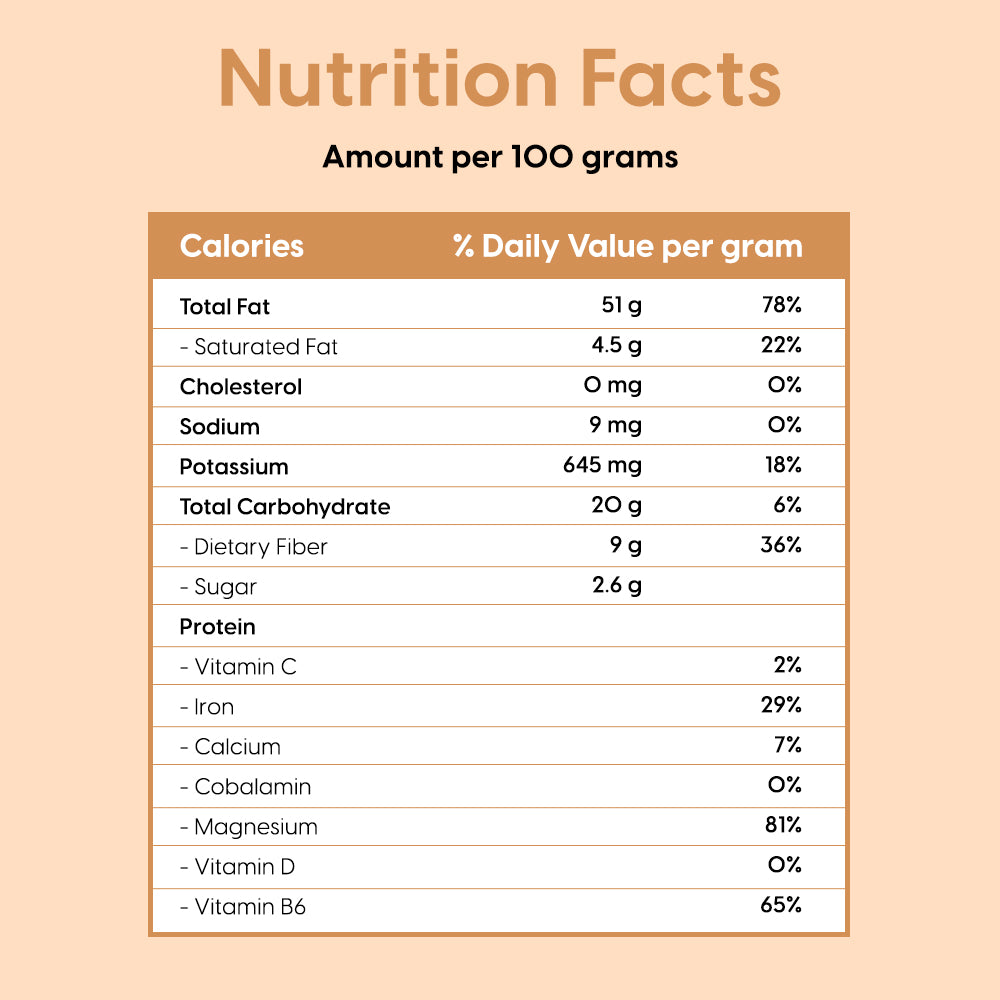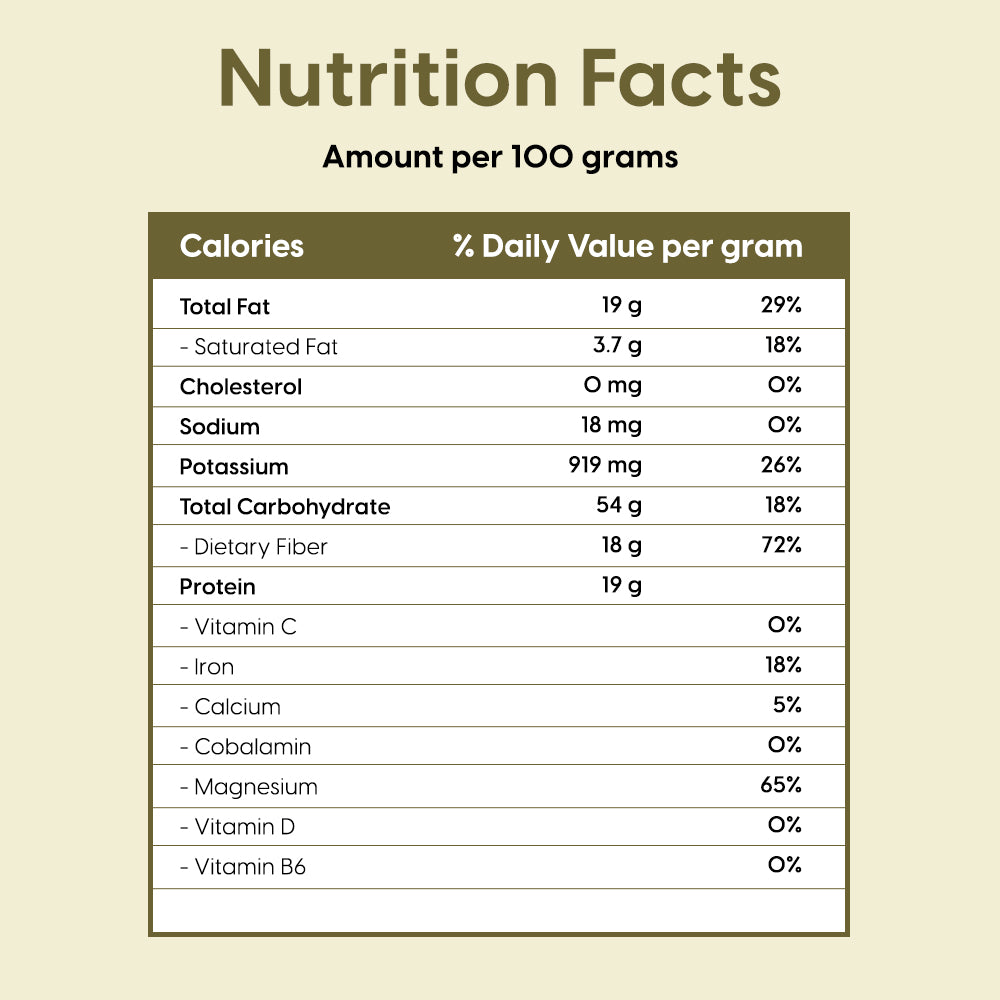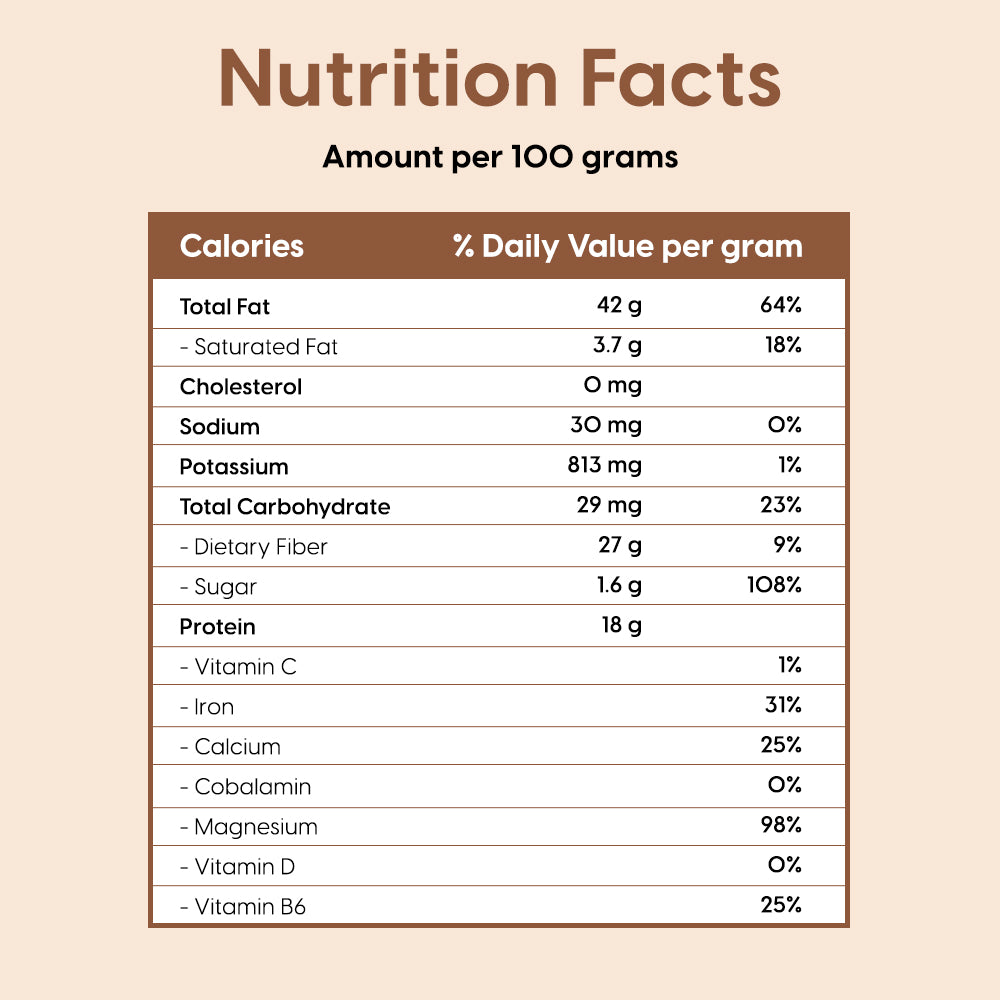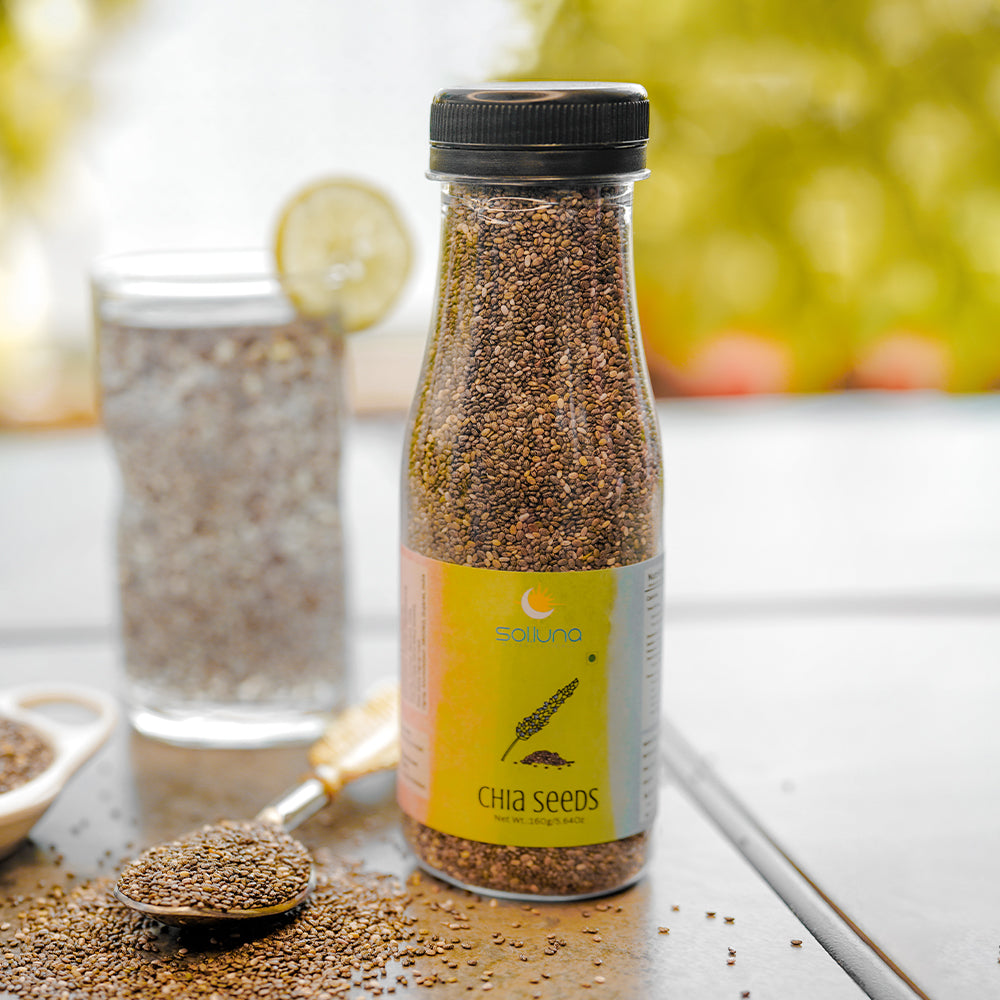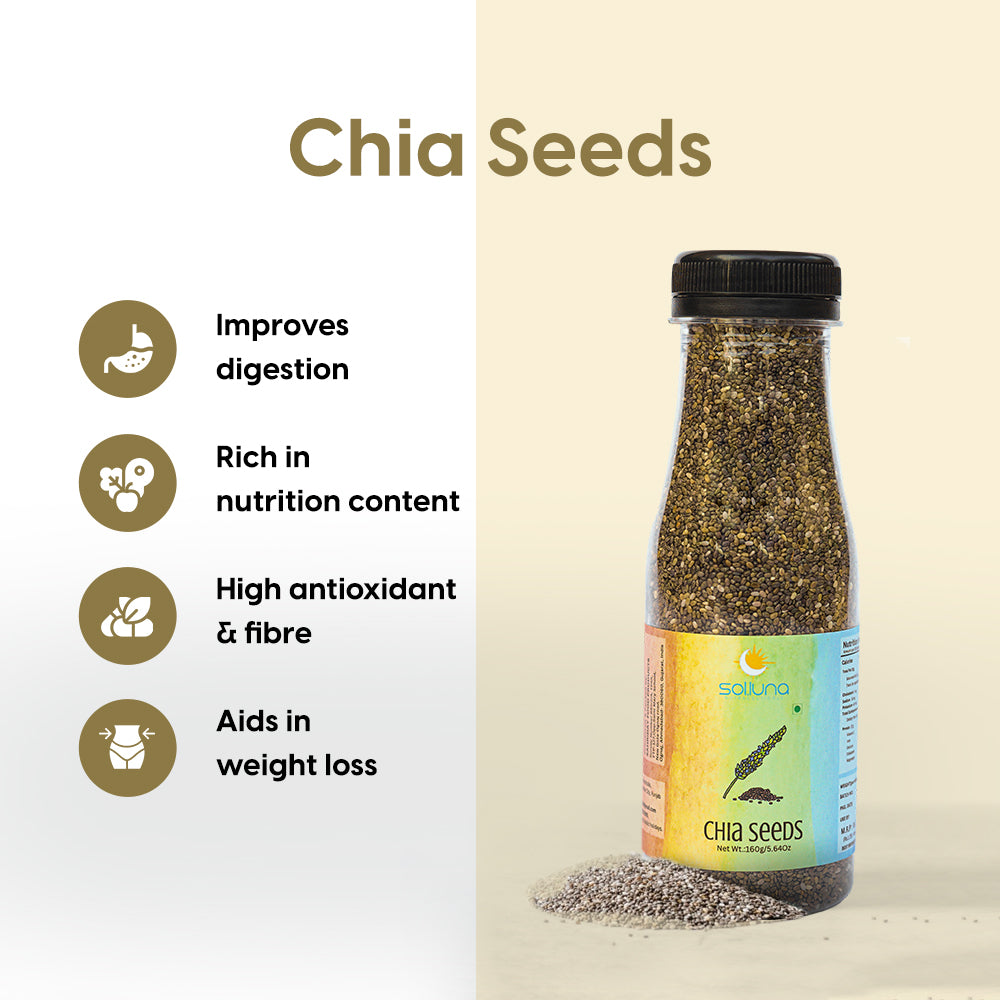
How Nutritionists are different from Dietitians?

A good diet can reduce your chances of developing long-term illnesses. However, it can benefit several aspects of your well-being, such as your mental state, enthusiasm, and obesity.
And, although nutritious eating might seem simple, it can be challenging to determine what meals are best for you given your past health conditions. This is why specialized nutritional guidance from Dietitians and Nutritionists in Jalandhar can assist.
Let's get started by taking a deeper look at what these experts perform and how they can assist you achieve your objectives. We'll explain what's different between nutritionists and dietitians, as well as how to choose the right specialist for your needs.
What do Nutritionists do?
While there are several various kinds of nutrition providers, they all aim to assist individuals to improve their health via eating. They can guide individuals on how to choose and prepare nutritious foods, as well as assist them develop behaviors that promote good health.
Nutritionists and dietitians, for example, may operate in comparable environments, including:
- Hospitals
- Schools
- Medical offices
- Long-term care Centres
- Food manufacturing companies.
- Government offices
- Organizations that promote public health
- Private Businesses
What's the difference between dietitians and nutritionists?
A nutritionist is someone who is an expert or how individuals power themselves. They might provide nutritional guidance and counseling, as well as food preparation services.
A dietitian is a nutritionist with professional education in food and nutrition. The subject of dietetics is heavily regulated, which means that practitioners must follow tight criteria. That is why such experts are known as "registered dietitians," or RDs for short. Dietitians can additionally be known as "registered dietician nutrition" or RDN.
In brief, nutritionists are a larger group of experts who assist people in eating healthily, while nutritionists are dietitians who have received particular training.
What is the primary difference between a nutritionist and a dietitian?
When it comes to understanding how to maintain a healthy lifestyle, the terms "nutritionist" and "dietitian" often come up. While these roles overlap in many ways, they are distinct in important aspects. Here’s a breakdown to help clarify the differences and similarities between nutritionists and dietitians.
What is a Nutritionist?
A nutritionist is generally someone who provides advice on food and nutrition but their qualifications can vary widely. Considering the title "nutritionist" is less rigorously regulated than "dietitian," educational backgrounds and certifications may differ.

1. Qualifications: The qualifications for a nutritionist can vary. Some may have formal education in nutrition or a related field, while others may not have specific credentials. In some places, anyone can call themselves a nutritionist without any formal training or certification.
2. Scope of Practice: Nutritionists often focus on general wellness, providing advice on healthy eating habits, lifestyle changes, and nutritional supplementation. They might work in various settings, including wellness centers, fitness clubs, or private practice.
3. Regulation: The title "nutritionist" is not always regulated, which means there can be significant variability in the level of expertise among individuals using this title. In some countries or regions, nutritionists are required to meet certain standards or certifications, but this is not universal.
What is a Dietitian?
A dietitian is a healthcare practitioner with specialized training in dietetics. They have a more structured and regulated education and practice compared to nutritionists. Here’s what defines a dietitian:
1. Qualifications: Dietitians typically hold a degree in dietetics, nutrition, or a related field, and they are often required to complete a supervised internship. In many countries, dietitians must pass a national board exam to become licensed or registered.
2. Scope of Practice: Dietitians operate in many contexts, such as medical facilities, clinics, and long-term care homes. They provide medical nutrition therapy, which involves creating specialized meal plans and dietary interventions to manage or treat health conditions such as diabetes, heart disease, and allergies.
3. Regulation: The title "dietitian" is highly regulated. Dietitians are usually required to maintain certification or licensure to practice, ensuring that they adhere to professional standards and continue their education.
Key Differences
1. Education and Certification: Dietitians typically have more formal education and certification compared to nutritionists. Dietitians must fulfill strict academic and professional standards, whereas nutritionists may have diverse educational backgrounds.
2. Scope of Work: Dietitians often work with individuals who have specific medical conditions requiring detailed dietary planning and intervention. Nutritionists often focus on overall health and prevention.
3. Regulation: The title "dietitian" is protected and regulated, ensuring that individuals in this role meet stringent professional standards. Nutritionists may or may not have formal certification or licensing, depending on regional regulations.
Similarities
Regardless of their distinctions, both nutritionists and dietitians seek to improve health via food choices. They can both guide healthy eating and lifestyle changes, though dietitians might offer more specialized support for medical conditions.
Choosing the Right Professional
When deciding between a nutritionist and a dietitian, consider your specific needs:
1. For General Wellness: A nutritionist might be suitable if you’re looking for advice on maintaining a healthy diet and lifestyle.
2. For Medical Conditions: A dietitian is typically the better choice if you need specialized dietary advice for managing a medical condition.
Understanding these differences, Dietitians and Nutritionists in Jalandhar can help you make an informed choice about which professional to consult for your health and nutrition needs. Both roles play important parts in supporting health and well-being, but their training and focus can influence the type of support you receive.










